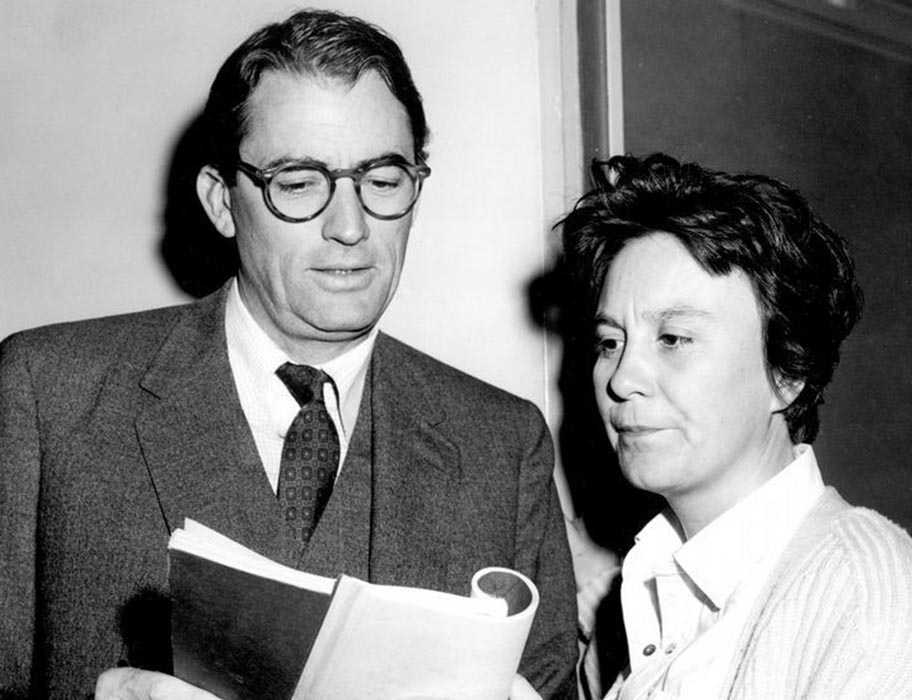|
|||

I don’t know if I can read it. I have too fond a memory of Gregory Peck in the film adaptation of “To Kill a Mockingbird”. To discover that after all these years, Atticus Finch, the noble lawyer and caring father, was a racist? It’s like the world turned upside down? By now, we have all heard the alarming news of Harper Lee’s sequel “Go Set a Watchman”. For those of you who haven’t heard, the novel is set twenty years after the events of “To Kill a Mockingbird”. And to make a long story short, Jean Louise, who we remember affectionately as Scout in “Mockingbird”, returns home from New York to discover that her father is a racist. To be exact, Jean Louise discovered that her father has attended Klan meetings and is against integration. Despite my shock about this revelation, I am at the same time intrigued by the history of this sequel. It turns out that “Mockingbird” was actually a prequel, and that “Watchman” was actually written first. “Mockingbird” was developed from “Watchman”, upon suggestion by Ms. Lee’s publisher. Framed in that context, it makes “Watchman” all the more interesting. I really don’t want to ruin my memory of Atticus Finch, but I am curious at how Harper Lee was able to pen a lawyer leaning towards Civil Rights from a character that was an obvious racist. And why now? Why would she release “Watchman” now? Despite the controversy surrounding the circumstances of its release, it is apt to point out that over fifty years ago, the publishers didn’t want to publish “Watchman” and opted for a more Civil Rights leaning novel, and that today, the publishers found it appropriate to release the original book with all its racial animosity. Maybe it wasn’t an accident. If you think about it, race relations has become increasingly strained over the last couple of years. Perhaps a novel like this is timely, given the nation’s current state of race relations - whether with regards to law enforcement, immigration, or the relevance of the Confederate battle flag. In any event, I can never look at “To Kill a Mockingbird” the same way ever again. No one can. But maybe that is a good thing. I'm hoping it will be. |
|||
